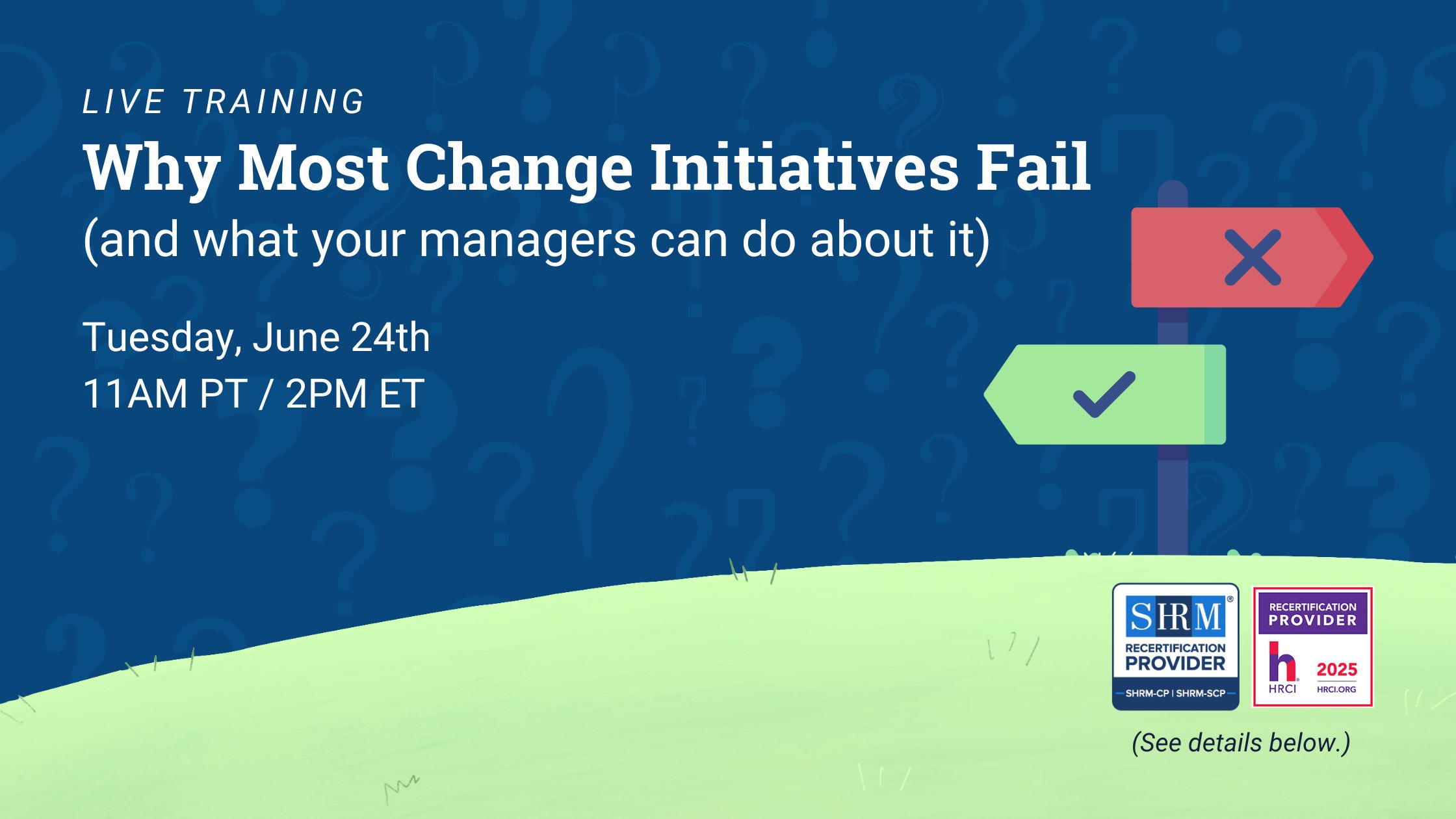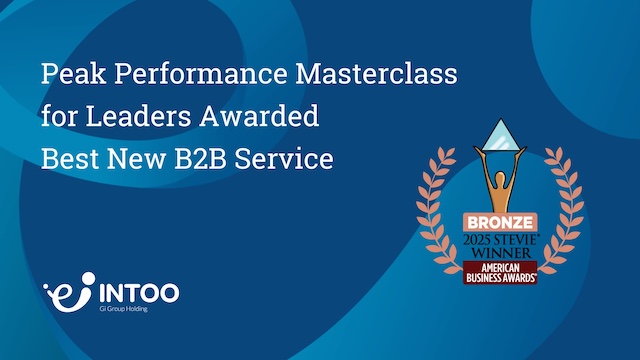Interviews can be challenging for hiring managers and leaders who don’t have previous experience interviewing job applicants. The wrong approach may cause the interviewee to leave with a poor view of the organization or result in the interviewer not getting an accurate impression of the candidate. This article will teach you the necessary skills for becoming a good interviewer.
Do Your Research
A great interview requires preparation, so it’s a good idea to research your candidates before the first meeting. Having a complete understanding of their work history and achievements will help you create questions that don’t reiterate the information found on their resume, such as inquiring how they solved problems in their past occupations.
You should also research the open position before meeting with the applicant. Find out what specific skills are necessary to be successful in the role and watch out for said skills during the interview. Knowing the list of duties associated with the job will ensure you as the interviewer can answer any questions the candidate has about the role.
 Make Conversation
Make Conversation
The interactions between the interviewer and interviewee can completely change the direction of the meeting. If you’re formal and reticent, you risk causing the applicant to feel nervous and unwelcome. But, being relaxed and conversational during the interview can make the candidate feel at ease with the experience.
You may also start friendly conversations with candidates to leave them with a positive first impression. You may wish to ask them about their hobbies outside the workplace or what they’ll be doing once the interview is over.
Reducing applicant stress during the interview may also improve the quality of their responses. A warm environment will help to increase their confidence so they can portray themselves in the best possible light. However, an uncomfortable environment could cause them to be more of a closed book. A hiring manager who cannot connect with applicants through conversation won’t learn as much about the candidate’s personality and social skills.
Engage with the Candidate
A good interviewer should actively listen to the responses of their candidates. Paying constant attention to the applicant will ensure you won’t miss any details that help differentiate them from the other interviewees. Be sure to ask follow-up questions related to the responses they provide to keep the conversation flowing and show you’re paying attention to what they’re telling you.
Taking notes is another way of demonstrating that you’re listening and interested.
 Take Notes
Take Notes
It’s vital to prepare a standard set of interview questions and to jot down your impressions of the applicant to avoid forgetting the interview’s key details. Noting points that stand out to you can differentiate job candidates and impact your final decision on who to hire. For example, writing down the applicant’s answers during the interview could allow you to compare responses.
The notes taken at the interview will be the basis for your formal write-up of the meeting. You can expand upon your notes to create a detailed overview of the candidate. This could then be sent to others involved in the hiring process once all applicants have been interviewed.
Avoid Bias
You should try to treat every interviewee equally to ensure each candidate has an equal opportunity to be hired. Entering the meeting with any form of bias will prevent you from accurately judging the true potential of your applicants. It’s best not to go into the meeting with a set idea of whether you’ll hire the candidate or any assumptions about their character.
Another way you can avoid bias is not to ask questions related to the interviewee’s personal life, which may inadvertently introduce doubt as to whether they can meet the role’s expectations. If you’re conducting a video interview, be sure not to let the candidate’s surroundings impact your evaluation of them. The most professional way to approach an interview is to keep the inquiries focused on the applicant’s previous work and the skills they’ve learned. Asking people how they would solve common workplace problems is another fair way to evaluate your candidates.
Learning how to interview job applicants is a crucial skill that will help you see the potential within each candidate you meet. It will make the experience more productive for everyone involved—yourself included. INTOO helps employers of all sizes with cost-effective solutions for every stage of the employee lifecycle, including candidate experience, career development, and outplacement services. Contact us to learn how we can make a difference for you and your employees.


 Make Conversation
Make Conversation Take Notes
Take Notes








